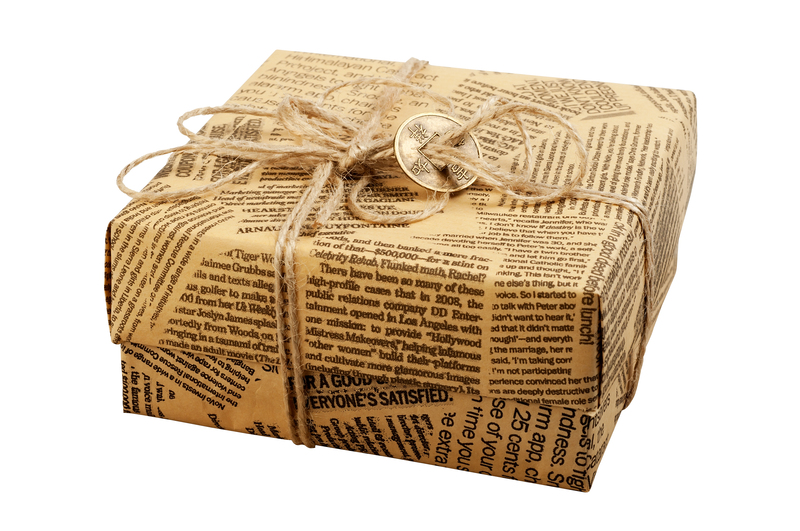
Hard Rubbish Explained: Steps to Dispose with Minimal Hassle
Dealing with hard rubbish disposal can often feel overwhelming and laborious. From old furniture to broken electronics, unwanted items accumulate over time and eventually need to be addressed. Fortunately, minimizing hassle during this process is entirely possible with the right approach and preparation.
Understanding Hard Rubbish
Before delving into the disposal process, it's essential to understand what constitutes hard waste or bulky garbage. Generally, these include large household items that cannot be placed in regular curbside bins due to their size or nature. Common examples include:
- Furniture pieces like sofas, mattresses, and dining sets.
- Large appliances such as refrigerators, washing machines, and ovens.
- Electronic waste (e-waste) including TVs, computers, and microwaves.
- Carpets, rugs, and construction debris.
Why Proper Disposal is Crucial
Improper disposal of hard garbage can lead to several issues. It may contribute to environmental harm or incur penalties if not handled correctly. Moreover, some items contain hazardous materials that require specialized treatment. Thus, understanding the importance of responsible hard trash disposal is essential for both community well-being and environmental sustainability.
Steps for Minimal Hassle Disposal
1. Assess and Plan
The first step to hassle-free bulky waste disposal is careful planning. Create an inventory of items you need to dispose of. Consider the condition of each item--can it be donated or should it go to the landfill? Basic organization streamlines the process.
2. Seek Out Collection Services
Many municipalities offer scheduled hard waste collection services. Research whether your local council provides such a service. Often, these are complimentary or included as part of your waste levy. Ensure you understand the items they accept and any restrictions.
3. Recycling Opportunities
Recycling is a viable option for certain types of hard refuse. Metal items, electronic waste, and some plastics can be processed at designated recycling centers. Find a local recycling facility and learn about their accepted materials. Many electronic retailers also provide take-back programs for old gadgets.
4. Donate Usable Items
Items in good condition should ideally be donated. Charities, shelters, and second-hand stores are often in need of furniture, appliances, and household goods. This not only minimizes waste but also supports your local community.
5. Access Specialist Disposal Services
For items that don't fall under regular waste or recycling options, consider hiring a specialized disposal service. These companies handle hard garbage for a fee. They often guarantee responsible and environmentally friendly disposal.
6. DIY Disposal (If Applicable)
If you have the means, transporting items to a local landfill or transfer station yourself can save costs. Be aware of what goods are accepted, operational hours, and any fees involved.
Tips for an Efficient Disposal Process
- Check Local Regulations: Always consult your local council's regulations on hard waste collection.
- Opt for Off-Peak Periods: Schedule your disposal during less busy times to avoid delays.
- Consolidate Loads: If possible, wait until you have multiple items to dispose of simultaneously.
- Label Items: Clearly mark items especially those containing hazardous materials to aid in proper handling.
Environmental Impacts of Hard Waste
When disposed of irresponsibly, bulk rubbish can severely impact the environment. Items like electronics contain heavy metals that, if leaked, can contaminate soil and water. By opting for sustainable disposal methods, you reduce pollution, save energy, and contribute to resource conservation.
Advancements in Hard Waste Management
Enterprises are increasingly focusing on innovative solutions for waste management. This includes advanced recycling techniques, improved collection logistics, and circular economy practices. Being informed about these advancements can aid in more effective disposal choices and foster a culture of sustainability.
Conclusion
Disposing of hard rubbish can be straightforward with the right strategy. By assessing what you have, utilizing both local services and modern recycling options, you dramatically reduce the hassle involved in this necessary task. Engage with your community resources and stay informed about the latest in waste management, ensuring that your actions are not only efficient but environmentally friendly.
Ultimately, responsible hard waste disposal is vital for fostering a healthier environment, conserving natural resources, and supporting community initiatives. With these strategies, you can turn a potentially daunting chore into a manageable, eco-conscious practice.
